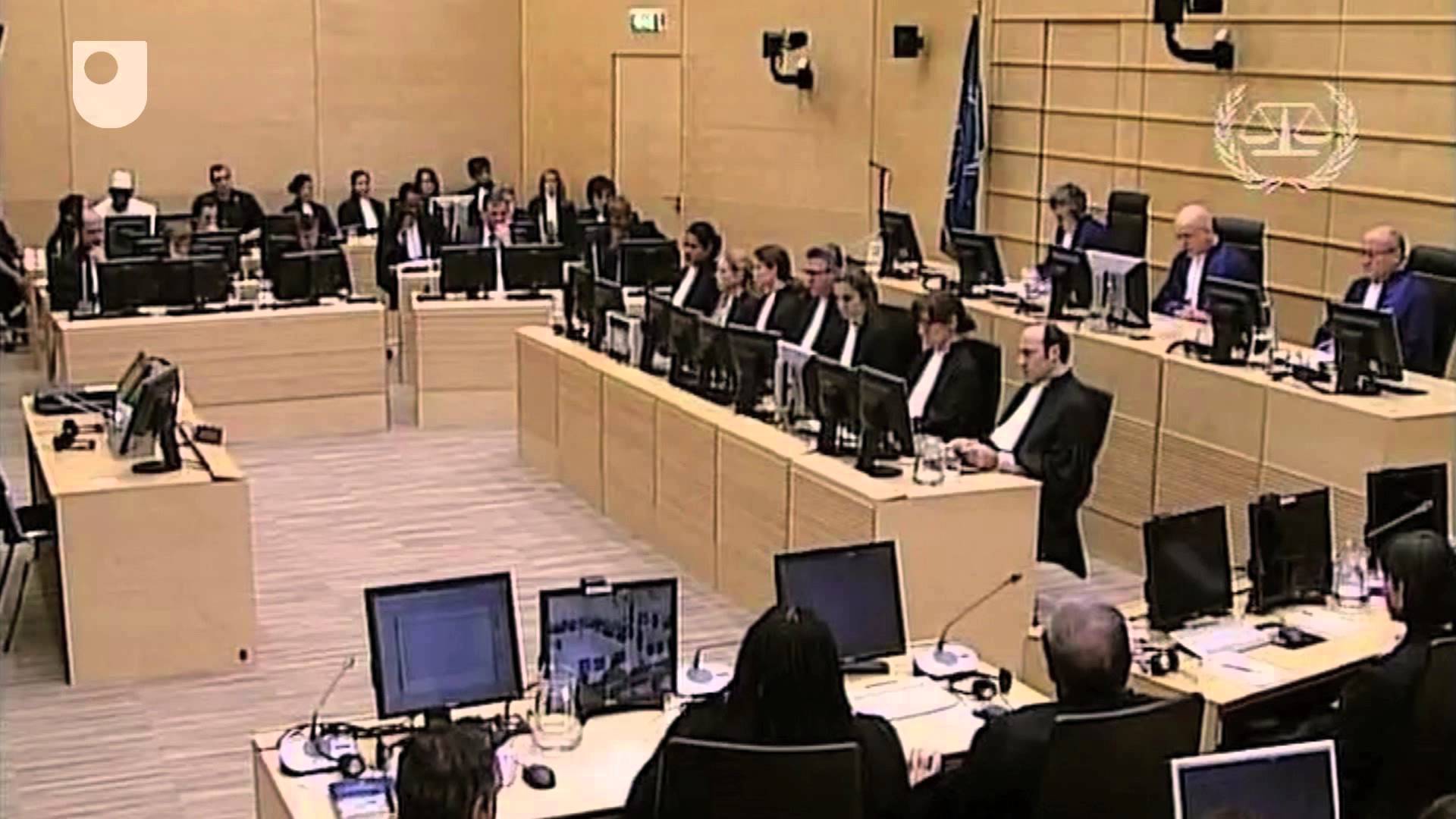The International Criminal Court calls on Italy to fully cooperate after failing to arrest Libyan General Osama Elmasry Njeem

Table of Contents
- The accusations against Almasri
- Italy's cooperation with the International Criminal Court
- Arrest and release
- Reaffirming the seriousness of Italy's commitment
The accusations against Almasri
On 18 January 2025, the Pre-Trial Chamber I of the International Criminal Court issued an international arrest warrant for Libyan General Osama Elmasry Njeem, also known as Almasri. The charges the Court wants to investigate relate to his role, as head of the Special Deterrence Forces operating in Tripoli, in the commission of international crimes since 15 February 2015, particularly against detainees in the Mitiga prison. According to the charges, the prison has held and continues to hold people arrested for their religious beliefs (Christians or atheists), for violating moral police rules (for example, for homosexuality), for belonging to armed groups in conflict with the Tripoli government, but also for the purpose of extortion. Many of the detainees are migrants in transit. The charges relate to the war crimes of inhumane treatment, torture, rape and sexual violence and murder, as well as the crimes against humanity of imprisonment, torture, rape, murder and persecution.
Italy's cooperation with the International Criminal Court
On the same 18 January, the request for arrest was submitted to six European countries (and a request for cooperation was also sent to Interpol) after investigators had learned that Almasri could be in Europe. The Court consulted with the competent authorities of the various countries and acted in coordination with the respective bodies, sharing information about the suspect's movements in real time. The arrest took place in Turin (Italy) on the morning of Sunday 19 January.
The procedure Italy must follow to cooperate with the Court is regulated by Law No. 237 of 20 December 2012. The law establishes that cooperation with the Court, including in matters of surrender of the wanted person, always takes place through the Minister of Justice, whose responsibility it is "to receive requests from the Court and follow them up", possibly with the collaboration of other ministers (in particular, in the case of a request for arrest and surrender of a wanted person, the Minister of the Interior). The precautionary measure against the wanted person is requested by the Prosecutor General at the Court of Appeal of Rome and decided by the Court of Appeal of Rome by order subject to appeal to the Court of Cassation.
Arrest and release
According to its press release of January 22, 2025, on 19 and 20 January, at Italy's request, the Court did not issue any statement regarding Almasri's arrest, evidently confident in his swift transfer to The Hague. On Monday 21 January, without receiving any communication from the Italian authorities, the Court learned (presumably with considerable disappointment) that the wanted person had been released and returned to Libya in the evening on a flight provided by the Italian state. The plane, which departed around 11 am from Rome Ciampino Airport, landed at Turin Airport, picked up the wanted person and then returned him to Tripoli, where he landed around 9:45 pm.
In the press release of 22 January, the Court stated that it had requested an official report from the Italian authorities regarding the facts, but had not received any. From press reports, it is known that the Rome Court of Appeal would have deemed the arrest carried out by the Turin police to be unlawful, as it was carried out without having previously agreed on the operation with the Minister of Justice. The Minister would have been informed of the precautionary measure only on Monday 21, presumably when the operation for Almasri's return to his home country was already underway.
Reaffirming the seriousness of Italy's commitment
The incident is very serious and highlights either a serious lack of coordination between the state bodies responsible for ensuring cooperation with the International Criminal Court, or a deliberate choice, made at the political level, not to follow through on the request for surrender. In either case, this would be a very worrying circumstance, also because the crimes ascribed to Osama Elmasry Njeem have a direct connection with issues that affect Italy, given that the torture and rape taking place in the Mitiga prison and carried out by the police under the command of the Libyan general are linked at least in part to the human trafficking flows that Italy has committed to combating in every way and in every place. Not to mention the country's diplomatic commitment against religious persecution, including that which affects Christians in the world. It is significant to recall that in 2022 the Prosecutor of the International Criminal Court commented with satisfaction on the collaboration between the Court's investigators and the Italian authorities that had led to the extradition from Ethiopia to Italy of an Eritrean citizen wanted by Italy for human trafficking through Libya.
Almasri does not enjoy any international immunity. There is no apparent justification for a choice of non-cooperation with the Court. Nor can an explanation of what happened centred on the culpable negligence of some official who failed to inform the Minister of Justice of the imminent arrest be considered acceptable, given that consultations and exchanges of information "in real time" between Rome and The Hague had been active at least since 18 January.
The seriousness of Italy's commitment to honouring its obligations arising from the ratification of the Rome Statute of the International Criminal Court risks being compromised, at a historical moment when the need to make international criminal justice work is felt with increasing urgency, but obstacles to its functioning are multiplying in direct proportion.

